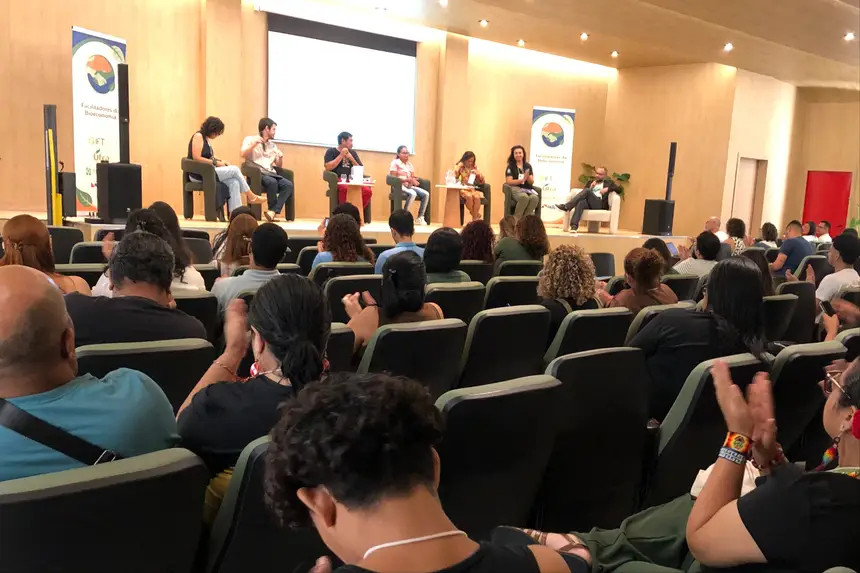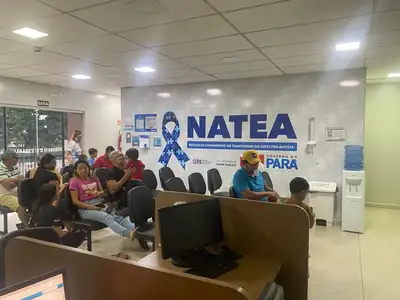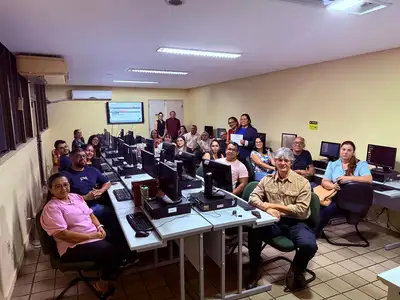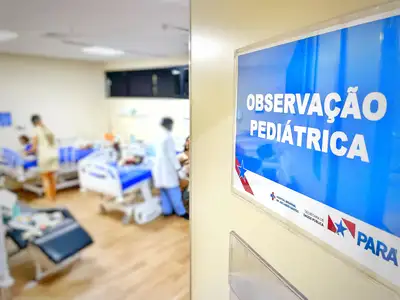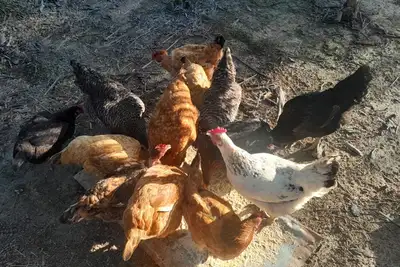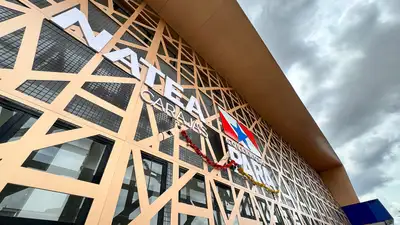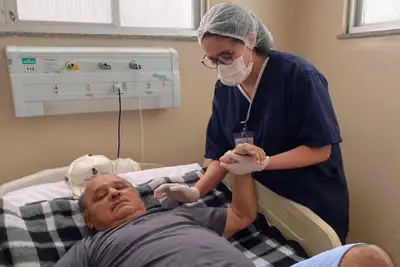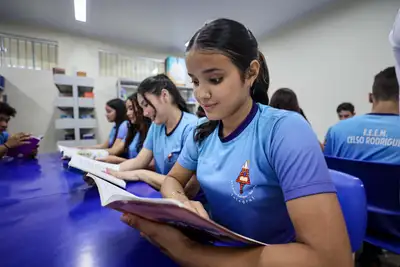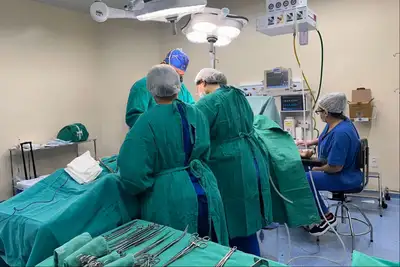Ideflor-Bio, Ufra, and IFT Promote Meeting with Bioeconomy Facilitators
The event, parallel to the official COP30 program, discussed challenges and pathways for strengthening the sociobiodiversity value chains in the Amazon.
The auditorium of the Institute of Forest Development and Biodiversity (Ideflor-Bio) in Belém hosted researchers, community leaders, public managers, and representatives from the third sector at the 1st Amazonian Meeting of Bioeconomy Facilitators. Started on Tuesday (18), the event continues until Wednesday (19), promoted by the Federal Rural University of the Amazon (Ufra), Ideflor-Bio, and the Tropical Forest Institute "Johan Zweede" (IFT).
The event, parallel to the official COP30 program, was designed to discuss challenges, opportunities, and pathways for strengthening the value chains of sociobiodiversity in the Amazon.
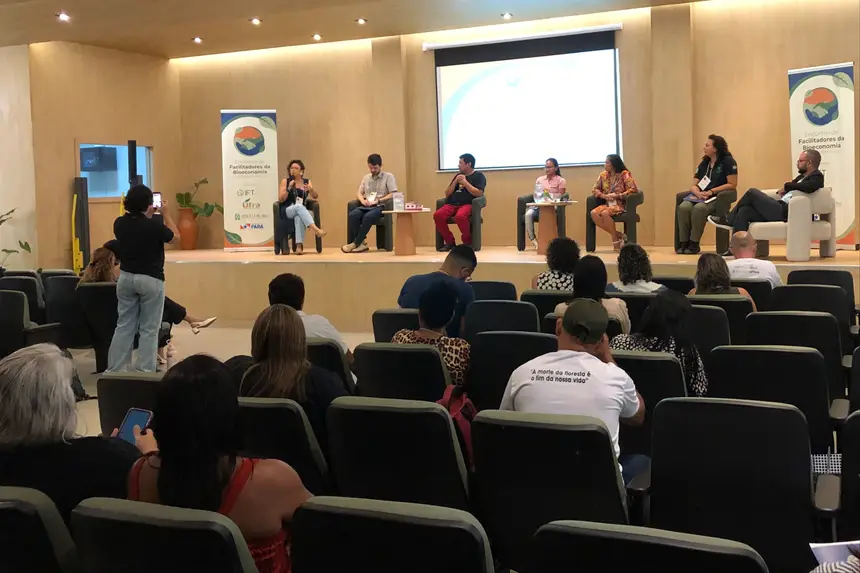
According to the organizers, the meeting aims to enhance the protagonism of rural community leaders, encouraging the exchange of experiences and the construction of joint strategies for sustainable development in their territories. The activity also seeks to promote dialogue among different social segments, bringing together traditional knowledge, management practices, and bioeconomy policies capable of addressing the climate crisis with forest-based solutions.
One of the expected outcomes is the drafting of a collective document, the “Letter from the Peoples and Communities Promoters/Guardians of Sociobiodiversity,” which will be sent to authorities, funding agencies, and international cooperation institutions. The goal is to systematize the main demands and strategic points for advancing bioeconomy, considered essential for the populations of the Amazon and the conservation of ecosystems.
Cooperation and Climate Change - For Paula Vanessa Silva, forest engineer and manager of Sociobiodiversity and Bioeconomy at IFT, the event plays a crucial role in addressing climate change. “The proposal of the meeting is to bring together different social actors who work with sociobiodiversity and bioeconomy, and to discuss the main challenges and opportunities of this sector, which is fundamental for strengthening extractive communities and conserving forests,” she informed. She emphasized that bioeconomy represents one of the most effective responses to ensure sustainable livelihoods and keep the forest standing.
The discussions were structured around strategic axes, such as technical assistance, land use planning and management of territories, financial instruments, and the socioeconomic inclusion of youth and women in the sociobiodiversity value chains. The program also encouraged the presentation of local experiences, allowing communities to share their own solutions to difficulties related to the production, marketing, and valorization of their products.
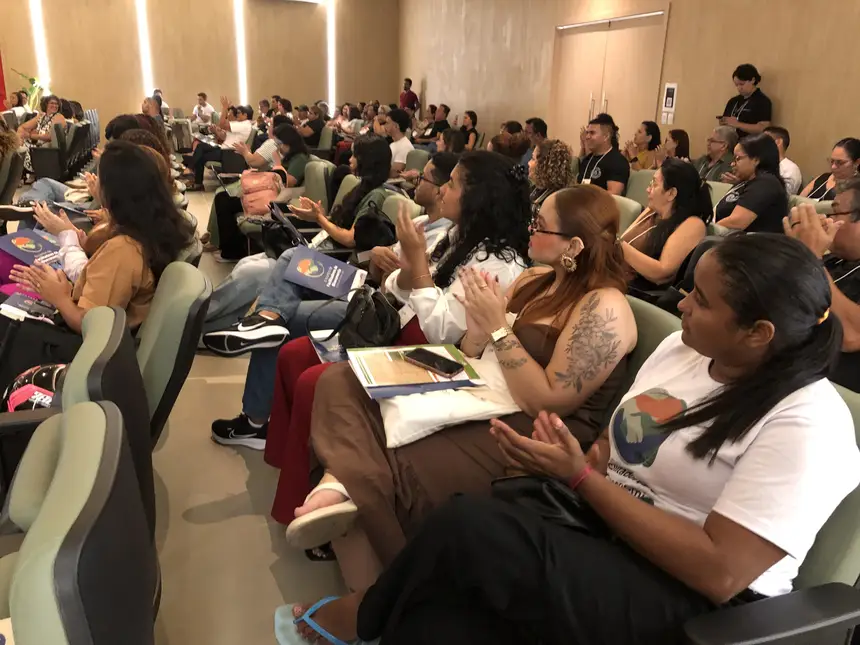
Representativity - Representing Ufra, the director of the Institute of Agricultural Sciences (ICA), Gracialda Ferreira, reinforced the formative nature of the event. “The meeting brings together knowledge from various areas so that interested individuals can be trained and have their knowledge enhanced, to implement projects and consume products related to bioeconomy, from land regularization to what will be sold and consumed by the end public,” said the director. According to her, the space also favors the identification of productive bottlenecks and the mobilization of new producers to integrate the value chains.
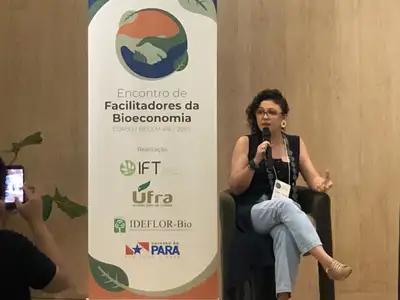
Gracialda Ferreira added that the collective construction of a guiding letter is one of the most important parts of the meeting, as it will allow for defining strategies aligned with the realities of the territories. “We want to build solutions that arise from listening to the communities and the productive arrangements that already exist. The joint letter will be an important instrument to guide public policies and investments in sociobioeconomy,” she stated.
Strengthening - Among the participants was Professor Rosimar Moreira, who emphasized the relevance of the event to articulate traditional knowledge, innovation, and sustainable market. “This moment is important to discuss bioeconomy among traditional peoples, communities, and in cities. It is an opportunity to think about how we can transform the raw materials that the forest provides us, which can be reused and generate income for these people,” said the professor, adding that strengthening sustainable productive chains means directly strengthening those who conserve the forest.
The president of Ideflor-Bio, Nilson Pinto, highlighted that holding the meeting during COP30 reinforces Pará's role as a global leader in the environmental agenda. “Bioeconomy is the strategic path to reconcile development and conservation in the Amazon. By bringing together researchers, communities, and partner institutions, we show that Pará is committed to building innovative and inclusive solutions that value those who protect the forest and generate real opportunities for income and autonomy,” he assured.
Service: The 1st Amazonian Meeting of Bioeconomy Facilitators continues this Wednesday (19), starting at 8:30 AM, at the auditorium of Ideflor-Bio, located at Rua do Utinga, No. 723, Curió-Utinga neighborhood, in Belém. The event is open to the public, and registrations can be made on-site.
Text in collaboration with Sinval Farias - Ascom/Ideflor-Bio


